Curator and Artist Esther Hz Discusses Her Art and Soil In Her Studio In Denver’s City Park Neighborhood

Read my latest article for Southwest Contemporary about Esther Hz’s art practice, including her past as a farmer and recent biodynamic farm-inspired zoetropes for the Boulder Museum of Contemporary Art’s exhibition agriCULTURE (on view until October 1st).
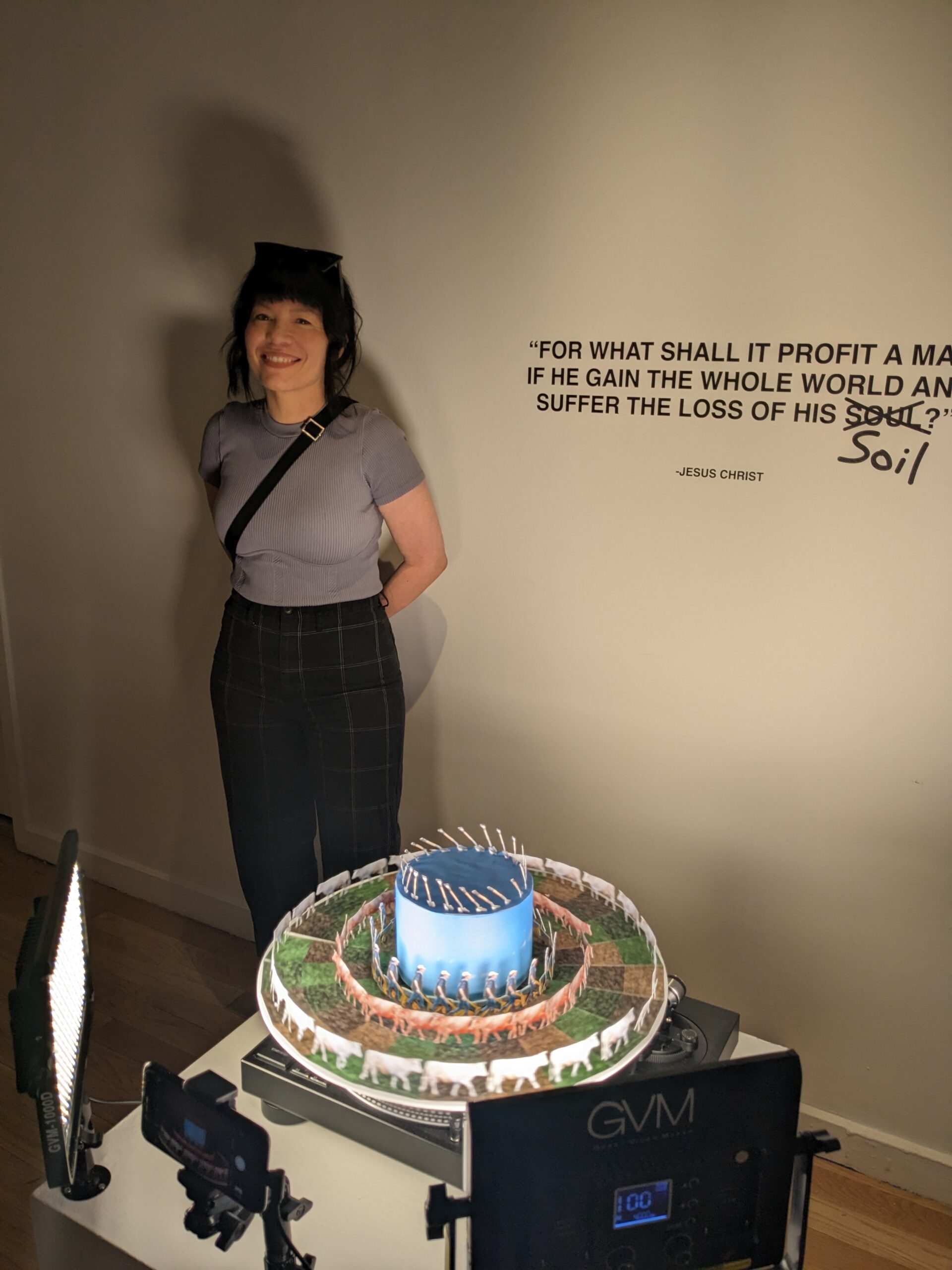
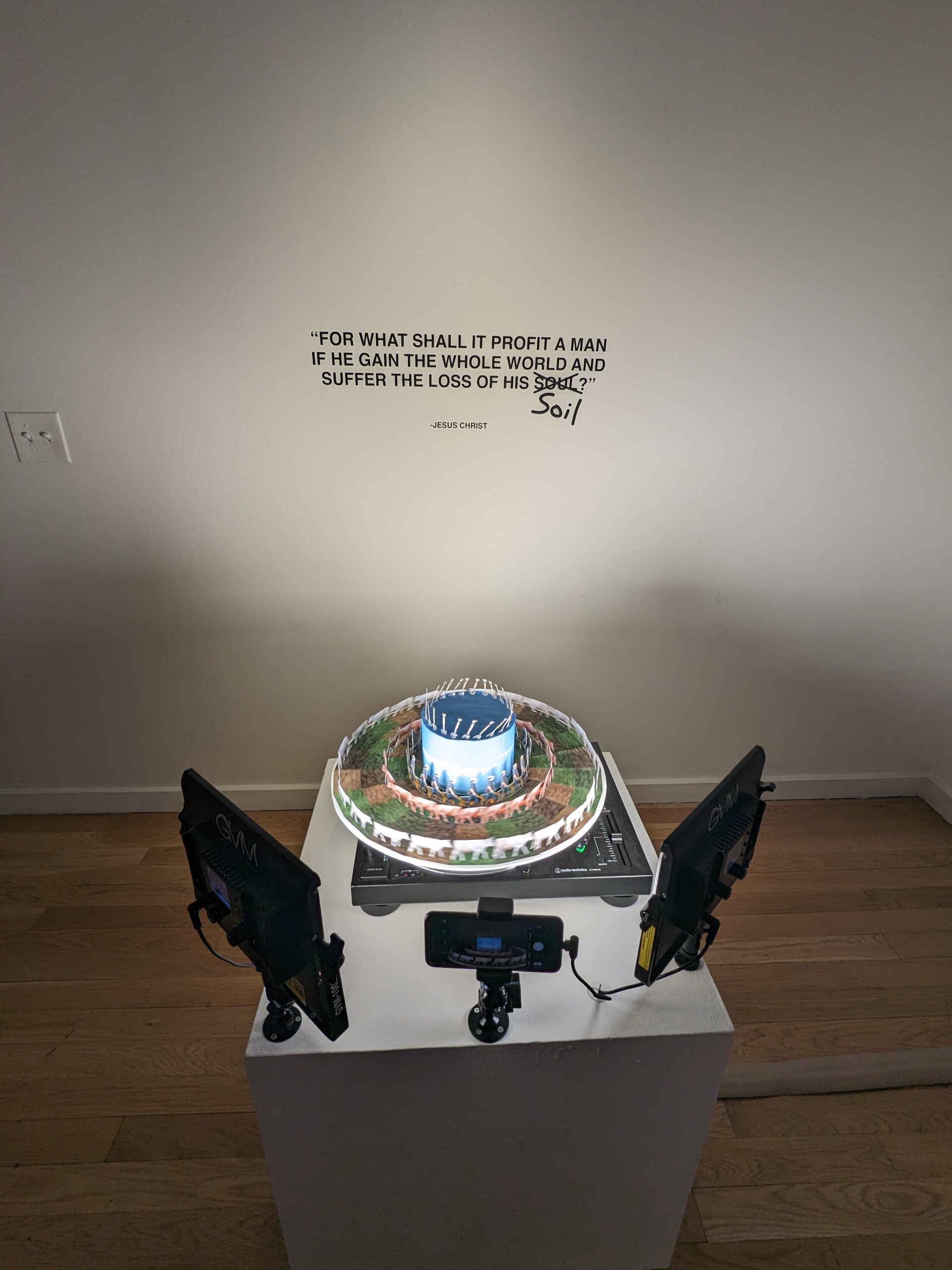
Here’s an excerpt:
Hz has always considered herself a practicing artist, but, as a former farmer, she found little time for art-making. Additionally, having attended a permaculture school in Eugene, Oregon, before urban farming at Produce Denver and then managing the urban Blue Bear Farm at the Colorado Convention Center, Hz remains passionate about agricultural work as an act of self and communal service—providing self-sufficiency and the opportunity to deeply nourish the masses. And, as Hz informed me, it all starts with good soil, the micro-biomes that line our digestive tracts, betraying where we source our food (which, under capitalism, is not necessarily where we live).
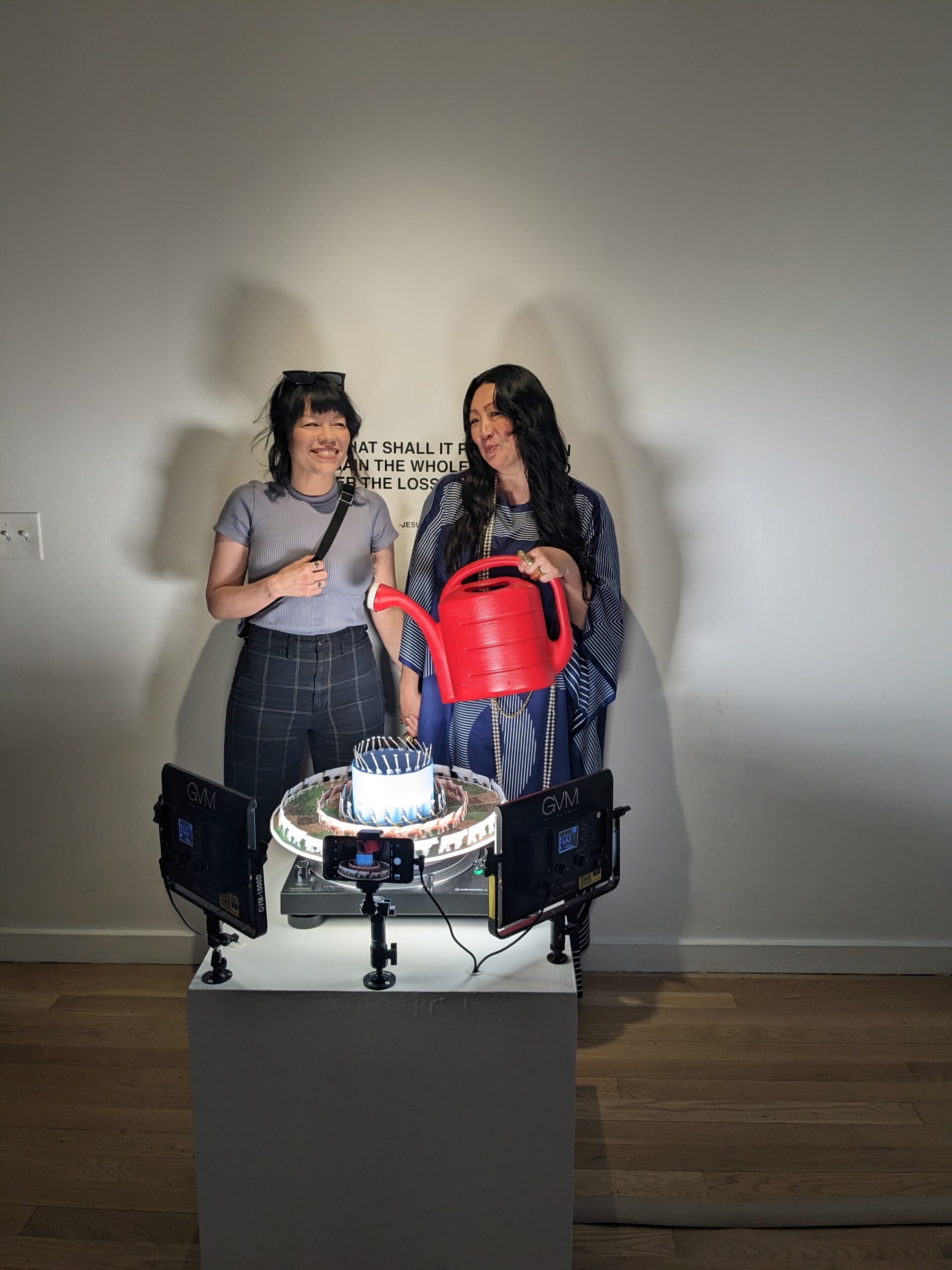
Tones of spirituality, comedy, and healing emerge as powerfully legible focuses in Hz’s oeuvre. Occasionally working in the non-profit sector, including with girls and women from the foster care system, Hz has invited others to play with her in her studio, listening to their histories and visually replicating their stories into art pieces that might offer pathways to self-repair.

In her 2018 sculpture Genesis, Hz cast a young woman’s face in plaster, creating a visage in which oyster mushroom mycelium overtakes half of the head cast. Hz met this person, dealing with dying and deceased parents and substance abuse, through her non-profit work. Both Hz and this woman agreed that a mushroom mask justly represented her experiences.
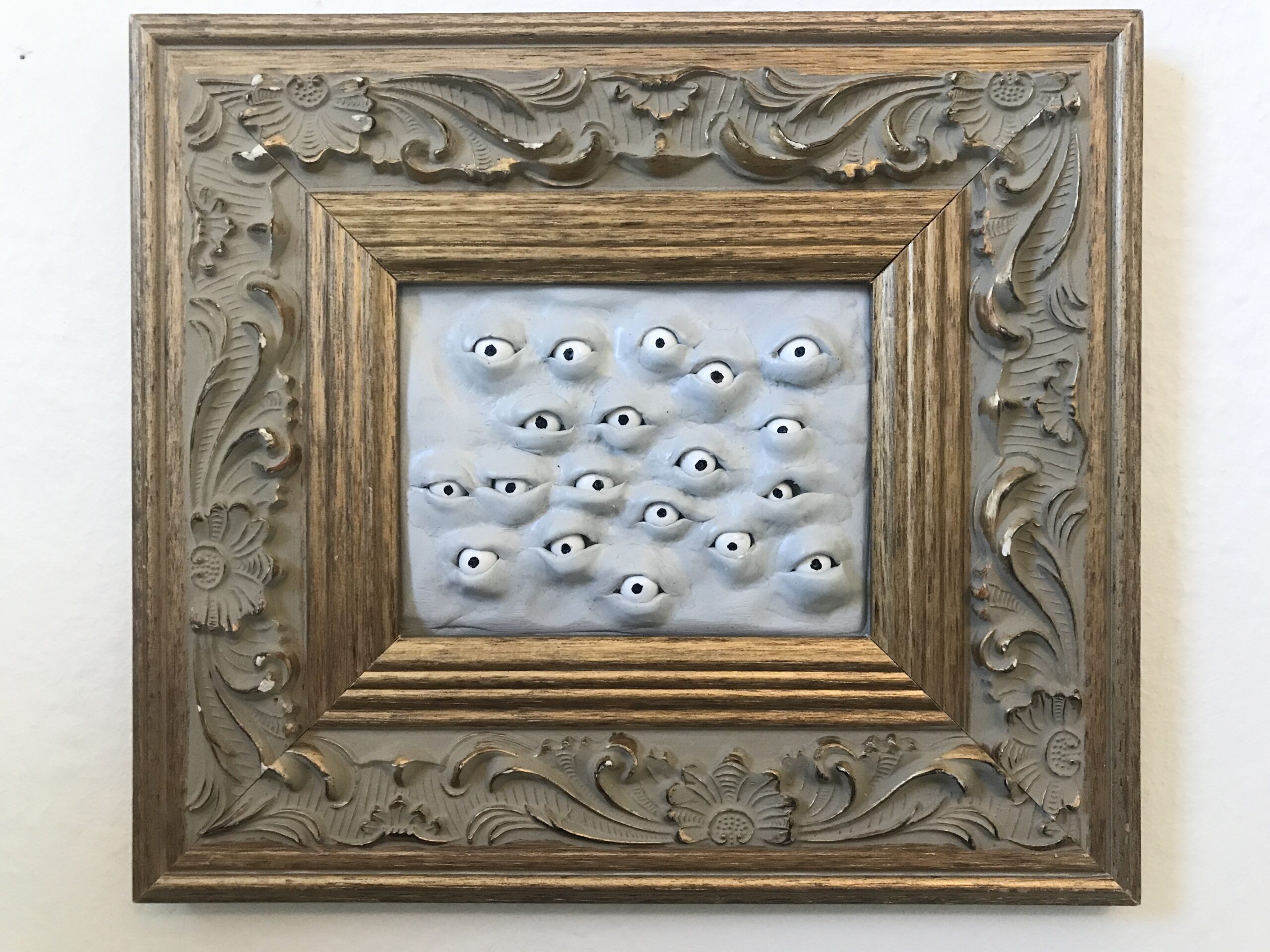
Read the full article here. Check out more of my writing on Substack here. And visit my blog here.

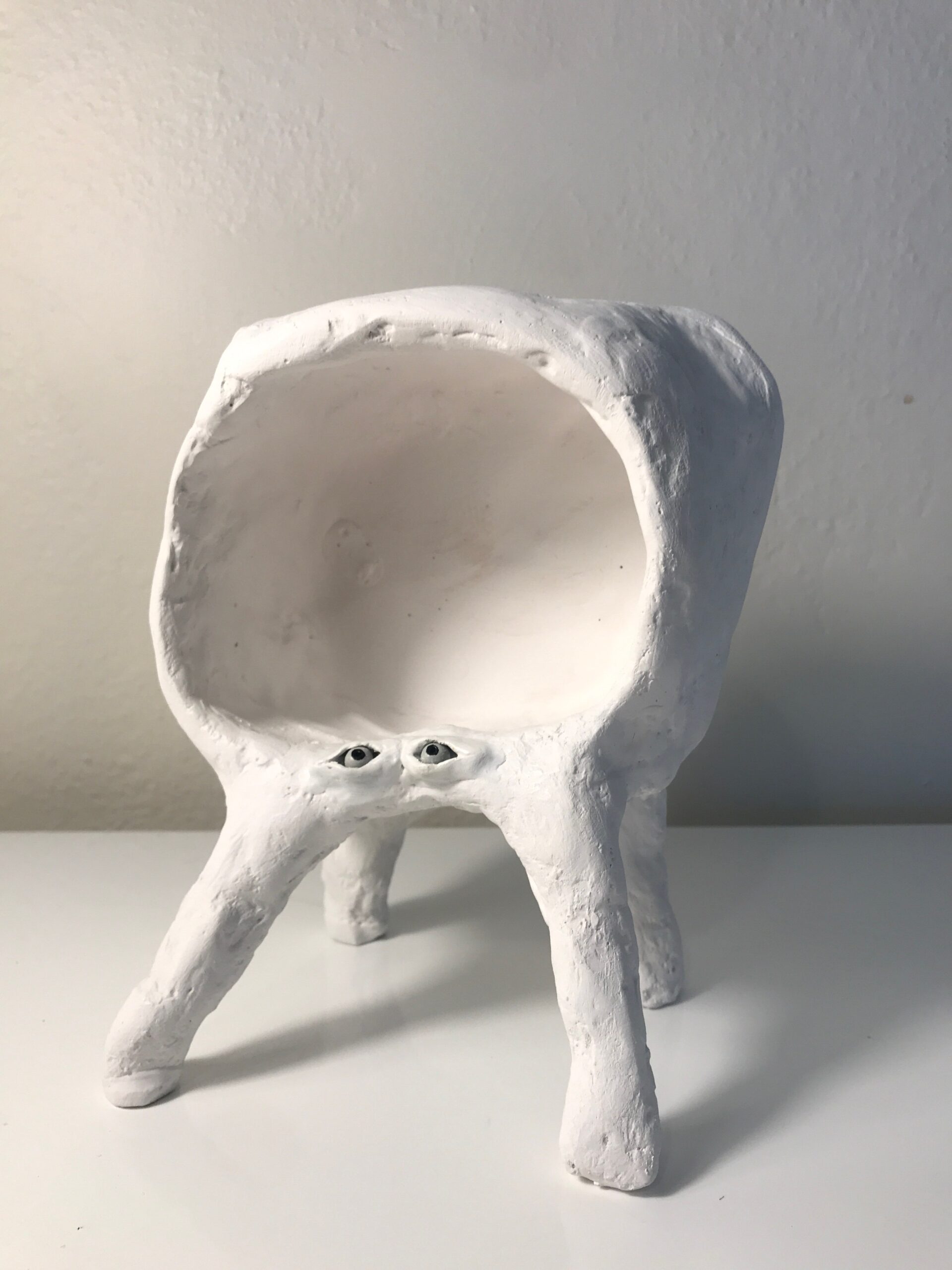
Leave a Reply